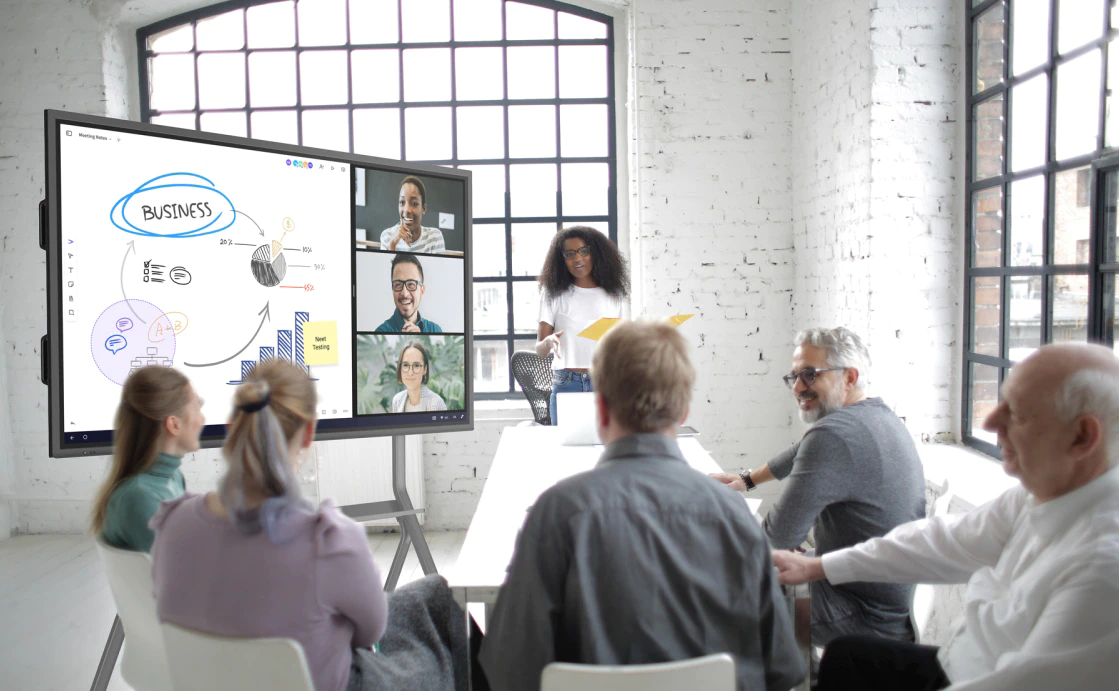
While seen as a low-cost intervention, recognition has major non-monetary benefits. It greatly boosts employee morale, motivation, and job satisfaction. Recognition boosts self-esteem by rewarding success. It builds a history of achievement. It helps employees feel valued. This boosts job satisfaction and can reduce turnover. Recognizing employees boosts their desire to work at their best. It creates a positive work environment. Personalized, timely, and genuine recognition builds trust. It improves employee-employer relationships by fostering candor and cooperation. It also reduces stress and anxiety. It boosts mental well-being. It sparks imagination and innovation. This improves engagement and productivity. Best staff recognition program practices can unlock a high-performance work culture. They include public acknowledgment, non-monetary rewards, and peer-to-peer recognition. This will improve individual and organizational results.
Motivation and Job Satisfaction
Recognition greatly helps to motivate employees, create job satisfaction, and improve performance. When employees are appreciated, it boosts their intrinsic motivation. They subsequently work at excellence without expecting rewards. It promotes good behavior, enhances self-esteem, and therefore produces a culture of constant improvement of oneself. Recognition provides a positive work atmosphere. It reduces stress and anxiety. This boosts morale and improves employee-employer relations. It also reduces absenteeism. It also lowers turnover. Strategies of recognition aim to motivate and satisfy employees. They include personal acknowledgment, public praise, timely feedback, and non-monetary awards. Recognition boosts team spirit, sparks creativity, and improves service. They are keys to business success. Recognizing employees will boost engagement, productivity, and satisfaction. This will lead to long-term success.

Sense of Belonging
Recognition boosts motivation and performance. It also fosters a sense of belonging to the organization. When employees feel valued, they become more loyal. Their values align with the company’s mission. Public recognition of individual and team achievements fosters camaraderie. It promotes social interactions and emotional connections among co-workers. This will build a work culture of trust and respect. It will improve teamwork and reduce conflict. We could use personalized acknowledgment, peer recognition, and mentorship. This would make them feel valued and part of the organization. Recognizing employees builds teamwork and reduces turnover. It creates an atmosphere that motivates them to care about the organization’s success.
Purpose and Meaning
Recognition motivates and boosts performance. Appreciated employees feel a sense of purpose, leading to engagement, satisfaction, and well-being. Recognition aligns personal values with organizational goals, empowering employees. It boosts morale, reduces burnout, and improves productivity. Personalized acknowledgment, public praise, and meaningful feedback are effective recognition strategies. They create a connected environment where people value their work and team.





